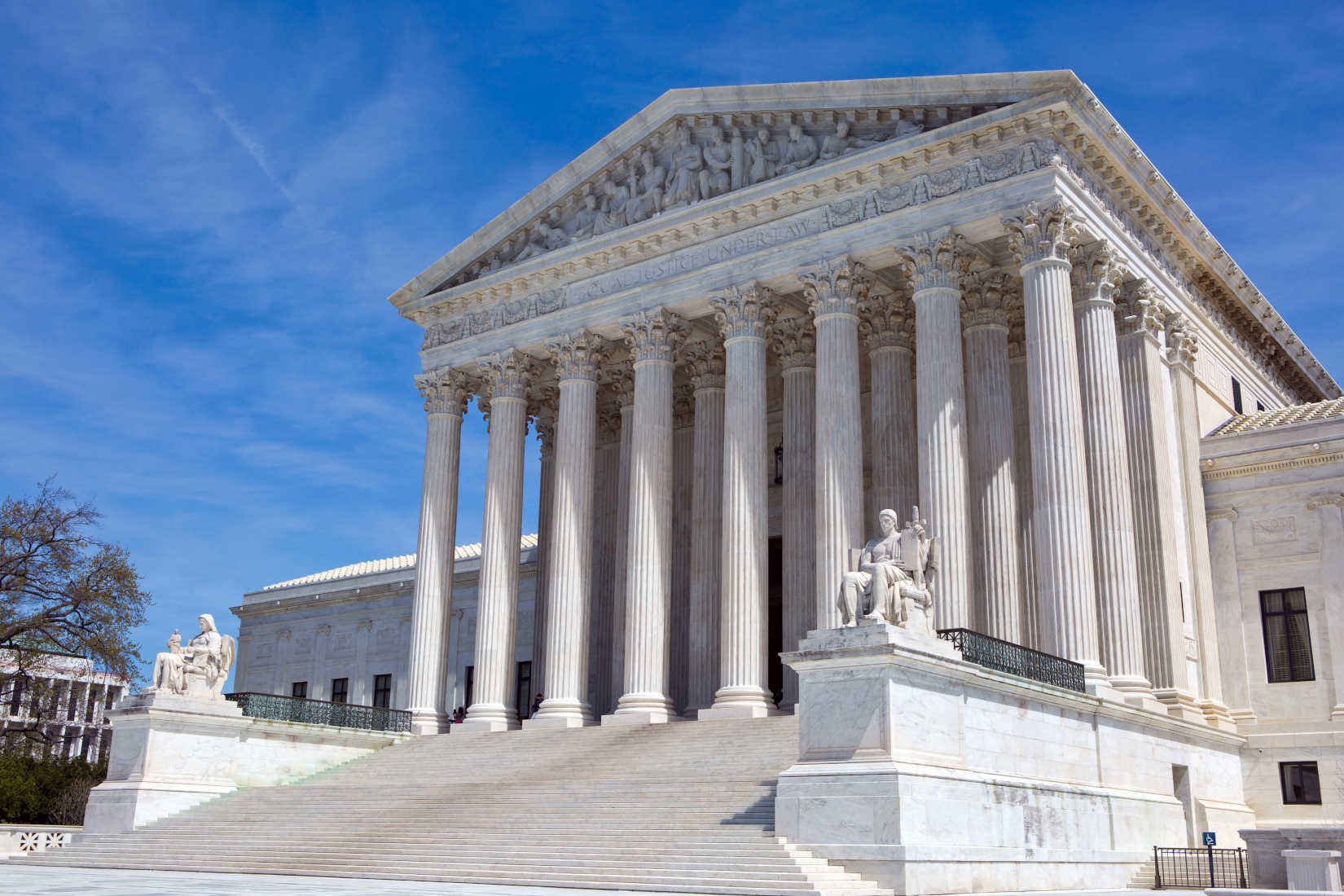By: José Niño
Dick Heller is back.
The famous plaintiff in the landmark Supreme Court ruling DC v. Heller, which determined that D.C.’s handgun ban was unconstitutional, and the Second Amendment establishes an individual right to own a firearm, is now filing a lawsuit in the US District Court for the District Columbia.
The lawsuit is challenging the city’s prohibition of “ghost guns” and individuals assembling their own firearms. Heller argues that the restrictions placed on gun manufacturing from kits are unconstitutional violations of the Second Amendment.
In addition, two other DC residents, Elby Godwin and Andrew Hanson, joined Heller in arguing that the city’s 18-month-old prohibition on “ghost guns” is vague and excessively broad in its scope.
In the lawsuit Heller filed, he recounts that his ability to construct a 9mm handgun from a kit he bought from a gun vendor in North Carolina earlier in 2021 was impeded by D.C.’s prohibition on manufacturing firearms. Heller compares this act to “[banning] the act of publishing one’s own words.”
The ban went into effect back in 2020 to single out untraceable guns that were assembled from kits; however, the lawsuit alleges that the wording could potentially criminalize the ownership of “a vast array of popular, common handguns that it regularly allows residents to register, including the very handgun it issues to its police officers.”
“One might think that after repeated losses in the courts, the District would show a modicum of respect for the Second Amendment,” the lawsuit states, which is calling on a federal judge to scrap the city’s ban on manufacturing firearms. “Alas, it does not appear to have happened,” the lawsuit adds.
DC has been a perennially violent city. According to 2019 figures from the FBI, it was ranked in 13th place in terms of cities with the highest homicide rates at 23.52 per 100,000. As a result, policymakers have been quick to blame firearms for this problem. Back in March 2020, D.C. Mayor Muriel Bower targeted ghost guns declaring that they “pose a threat because they are readily available to individuals prohibited from purchasing or possessing a commercially manufactured firearm.”
The perceived scourge that are “ghost guns” is the latest in terms of the fixations that Gun Control Inc. obsesses about. What anti-Second Amendment proponents don’t seem to understand is that so-called “ghost guns,” which are really standard-fare homemade firearms, have been a part of American society since the founding of this nation.
Like any other form of gun control, banning ghost guns just deprives innocent people of a way to defend themselves. Criminals, on the other hand, end up enjoying an unfair advantage as they can continue to obtain their firearms on the black market — a place they have no qualms of heading to to get equipped for committing criminal acts.
The desire to ban ghost guns is just another way for social engineers to micromanage the behavior of otherwise peaceful Americans, while inadvertently giving criminals easier targets to victimize.
If successful, Heller’s new case could perhaps put to rest the latest onslaught against ghost guns. Time will tell if the courts make a sensible call on an otherwise petty form of gun control.
José Niño is a freelance writer based in Austin, Texas. Sign up for his mailing list here. Contact him via Facebook, Twitter, or email him at [email protected]. Get his e-book, The 10 Myths of Gun Control, here.

